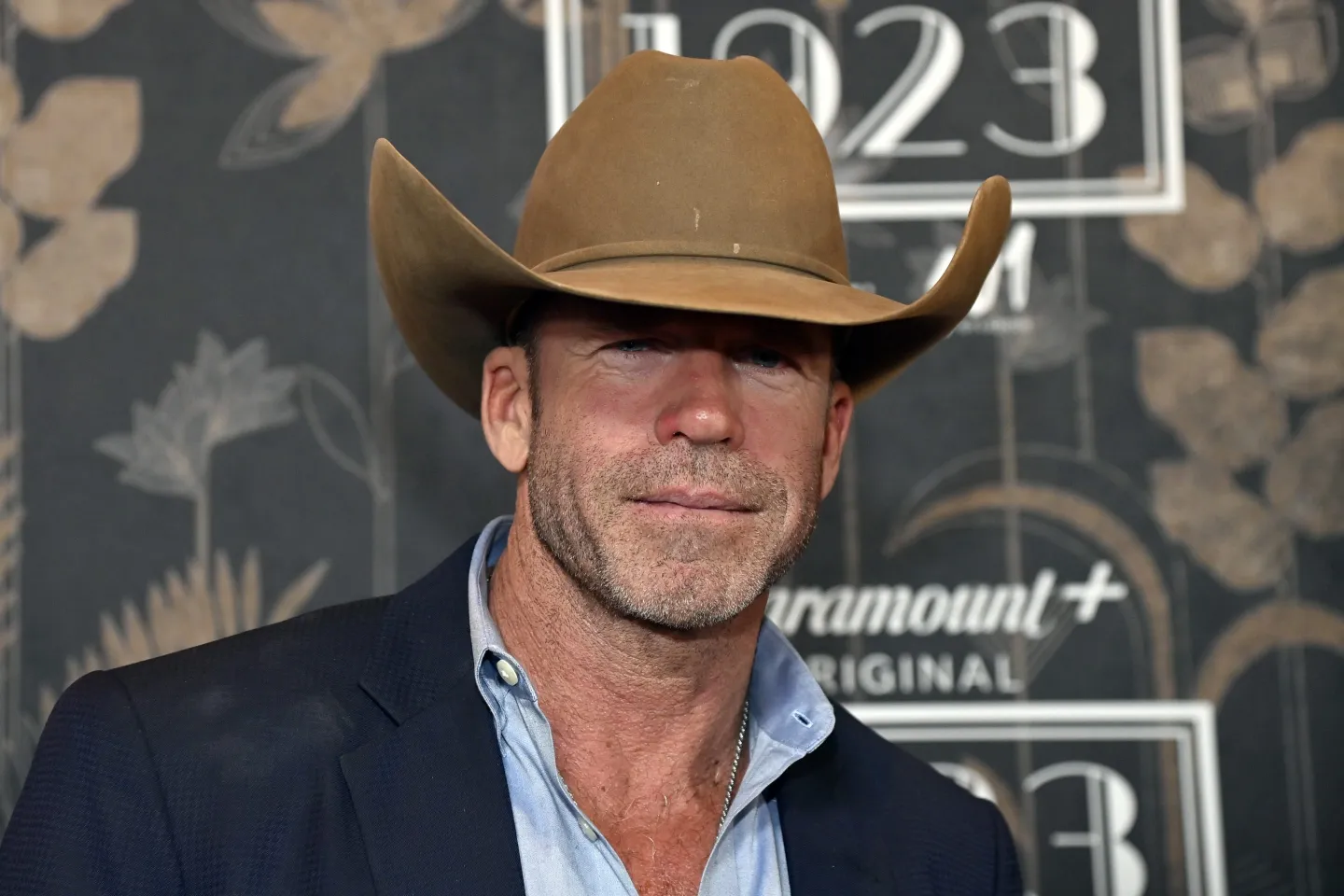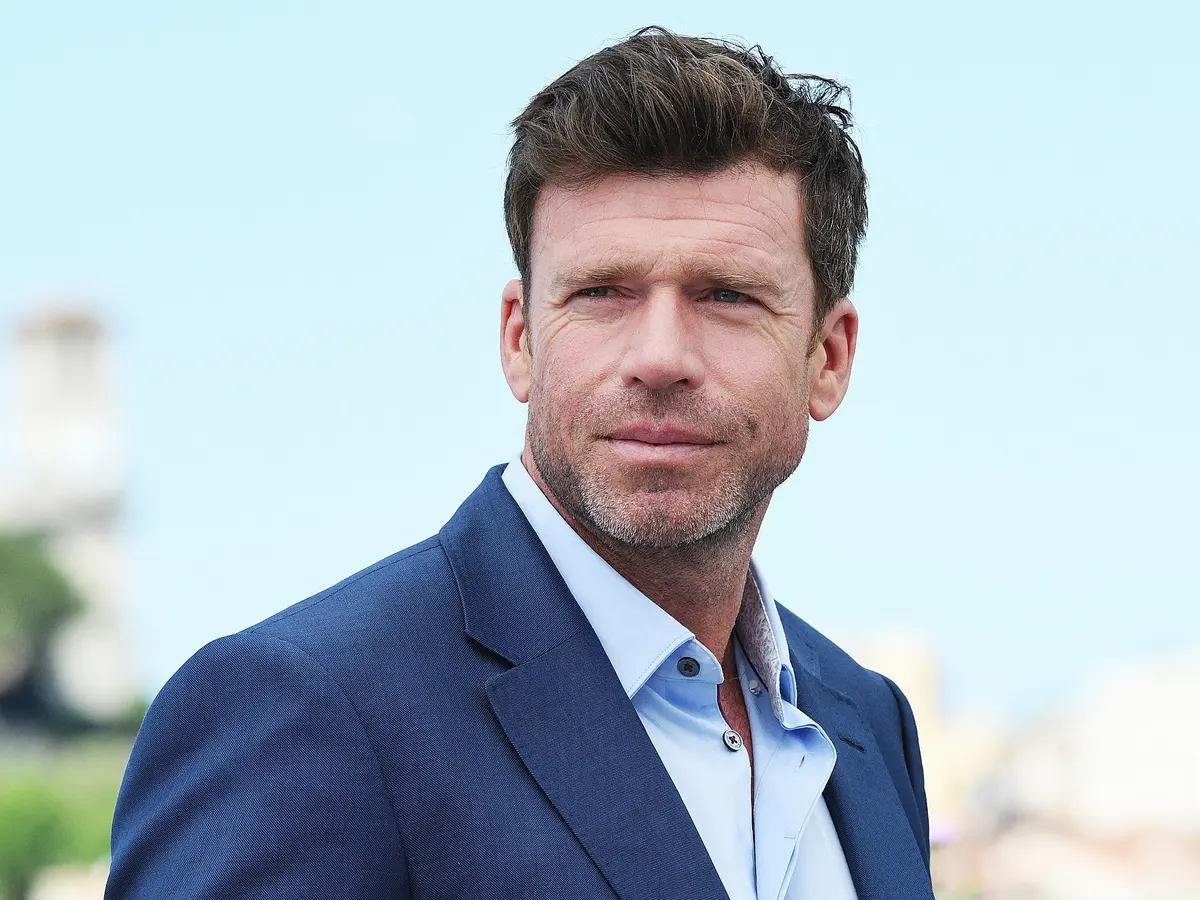When Taylor Sheridan penned “Sicario,” a gritty portrayal of the US-Mexican drug war, he crafted more than just a script; he ignited a battle against the entrenched sexism within Hollywood.
In 2015, this saga of corruption and violence broke ground not only for its stark narrative but for its resistance against industry giants who underestimated the impact of a female lead. Emily Blunt’s casting as the stoic yet dynamic FBI agent became a linchpin in Sheridan’s quest to challenge Hollywood’s gender norms.
Taylor Sheridan Talks About Sexism
According to reports, Sheridan faced significant pushback from one financier who boldly suggested altering the protagonist’s gender to a male to increase the production budget. Sheridan’s response to this was a resolute no, a decision that not only preserved the integrity of his story but also solidified his position as a champion for gender representation in cinema.
This stand reflects a pivotal moment, with Blunt herself highlighting the incident as emblematic of Hollywood’s skewed perspectives: “The writer was approached by one financier who said, ‘If you make her a dude, we’ll up your budget.’ Welcome to Hollywood!”

The Cinematic Landscape of “Sicario”
Set against the harsh, unforgiving backdrops of the US-Mexico border, “Sicario” delves deep into the convoluted world of narcotics trafficking. The film, directed by Denis Villeneuve, features Blunt leading a task force into the heart of cartel territory, portraying the relentless and often morally ambiguous battle against drug cartels. The film’s release was a critical and commercial success, grossing $85 million worldwide and securing a high approval rating on Rotten Tomatoes.
This acclaim was no doubt influenced by Sheridan’s compelling narrative, which offered a gritty, unapologetic look at the complexities of international crime and its implications. The film’s stark realism and Blunt’s powerful performance challenged the audience to confront uncomfortable truths about corruption, legality, and morality.

“Sicario’s” Legacy and the Call for a Trilogy Completion
Despite the success of the original film, its sequel, “Sicario: Day of the Soldado,” struggled to capture the same magic. Missing the direct involvement of Sheridan and Villeneuve, the sequel faced a tepid reception both critically and at the box office. However, the undying interest in the Sicario saga has fans clamouring for a third installment, hopeful for a return to the original’s gripping storytelling and complex character dynamics.

The ongoing demand for “Sicario 3” highlights the lasting impact of Sheridan’s work and the audience’s deep connection to the narrative he created. It underscores a crucial aspect of cinema: the power of a well-told story to resonate and persist in the cultural consciousness, sparking discussions and debates about broader social issues, including the representation of women in film.

As “Sicario” continues to be a topic of discussion and study in film circles and beyond, its legacy is a testament to Sheridan’s vision and Blunt’s remarkable portrayal of a woman navigating through the male-dominated terrains of both her profession and the industry that depicts it. The call for more stories like “Sicario” is clear—a call for narratives that push boundaries, challenge norms, and promote diverse representation both in front of and behind the camera.










